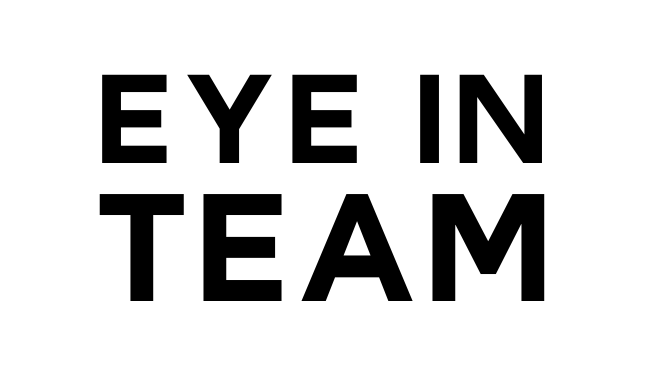Keep Your Squad in Rotation: Tools for Volleyball Team Management
Managing a volleyball team requires careful coordination across practices, matches, player development, and team communication.
Whether you’re coaching a youth rec team, a school squad, or a club program, structured planning can help your season run smoothly from the first serve to the final tournament.
This guide covers essential strategies for organizing a volleyball team, including roster management, scheduling, communication, and end-of-season wrap-up.
Set Your Lineup: Roster and Role Management
Volleyball teams are typically smaller in size but require coordination among players and staff:
- Maintain player profiles with positions, jersey numbers, and emergency contacts
- Assign team roles like head coach, assistant coach, team parent, or scorekeeper
- Organize players by age group, skill level, or squad
- Ensure each player is connected to a guardian for communication and consent
Well-managed rosters help streamline training, match planning, and team updates.
Bump, Set, Schedule: Plan Every Practice and Match with Ease
A consistent calendar helps players and parents stay informed and committed:
- Schedule recurring practices and matches with gym location, start times, and warm-up details
- Include tournaments, scrimmages, and team events
- Share calendars that sync to phones and notify families of changes
- Provide timely updates for reschedules, cancellations, or weather-related shifts
Accurate scheduling improves attendance and reduces confusion.
Ready to Rally: Stay Ahead on Player Availability
Volleyball teams rely on full participation for rotation planning. Attendance tools can help:
- Collect RSVPs in advance for each match and practice
- Track who is absent and why (injury, illness, travel, etc.)
- Review participation trends to inform training and lineup adjustments
Understanding availability helps coaches prepare rotations and substitutions ahead of time.
From First Serve to Final Point: Smooth Game Day Coordination
Match day routines vary by age group and format. Coaches can stay organized with:
- Lineup planning and substitution tracking before and during matches
- Rosters, emergency contacts, and uniform checklists
- Assigning tasks like scorebook, line judging, or equipment setup
- Recording match results or post-match highlights for future reference
Being prepared helps maintain a calm and focused match environment.
Serve Up Clear Updates: Stress-Free Parent Communication
Strong communication keeps parents engaged and informed throughout the season:
- Send weekly or bi-weekly emails outlining key info and updates
- Use a centralized platform for alerts, reminders, and questions
- Pin important announcements such as tournament details or dress code guidelines
- Create open channels for parent feedback or clarification when needed
Timely updates reduce confusion and increase support for the team.
Registration and Administration
Managing forms and payments before the season ensures a smooth start.
- Collect registration info, waivers, and emergency contacts digitally
- Track uniform orders, team fees, and optional travel expenses
- Keep compliance records for league or tournament eligibility
A well-organized preseason setup allows more time for planning practices and matches.
Volleyball Uniform and Equipment Management
Uniforms and volleyball gear are important for identity and preparation.
- Assign jerseys by size and number and log distribution
- Record items issued (e.g., practice shirts, warm-ups, knee pads)
- Note missing or damaged gear and plan replacements
Reliable gear tracking prevents miscommunication and maintains team appearance.
Volunteer Support and Task Sign-Ups
Volleyball matches often require parent volunteers. Coordinated support is key:
- Create sign-up sheets for scorekeeping, line judging, or team snacks
- Share roles clearly and send reminders ahead of time
- Acknowledge contributions during and after the season
Volunteer involvement builds community and reduces coach burden.
From First Serve to Last Point: Celebrate Your Season
A thoughtful end-of-season process sets the tone for future seasons:
- Celebrate with team highlights, awards, and shared memories
- Send thank-you notes to families and volunteers
- Archive attendance and roster data for future use
- Duplicate team structure to simplify setup for the next season
Closure helps players and families reflect positively on their experience.
Managing a volleyball team effectively means balancing structure with flexibility. With clear systems for communication, scheduling, and player tracking, coaches can create a season that’s rewarding for both players and families.
With consistent planning and open communication, teams can stay focused, connected, and ready to succeed on the court.
